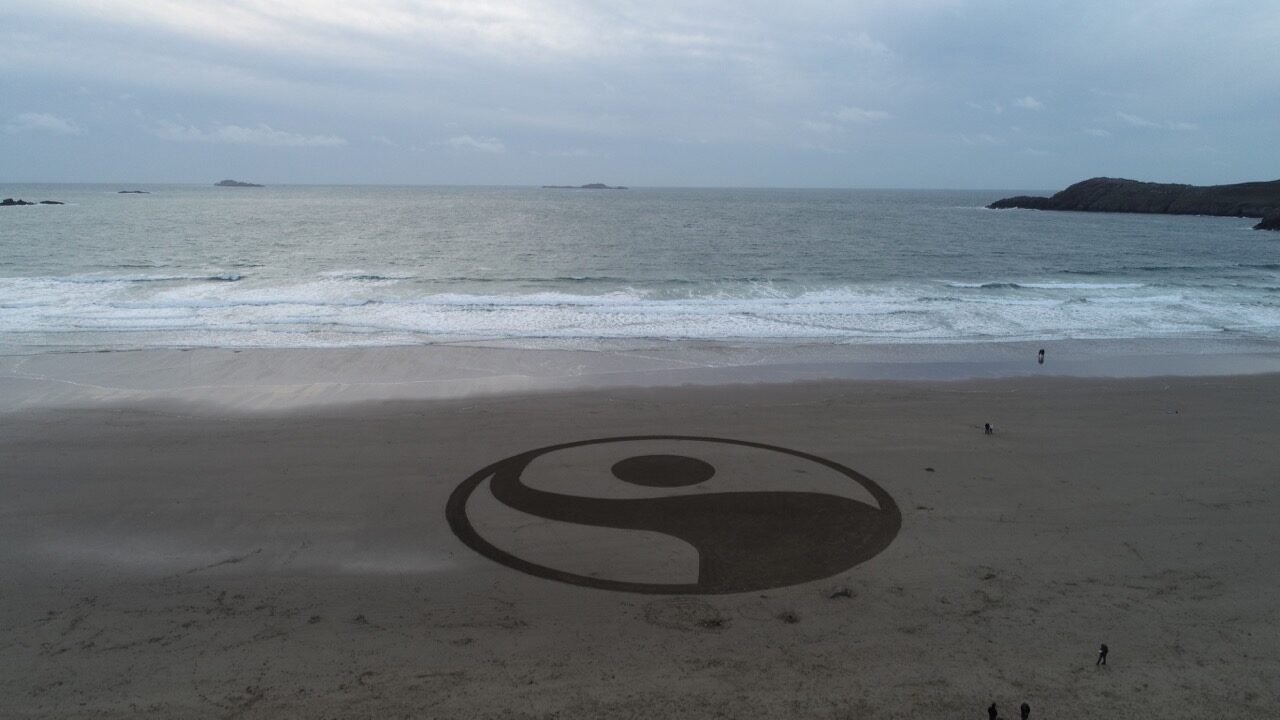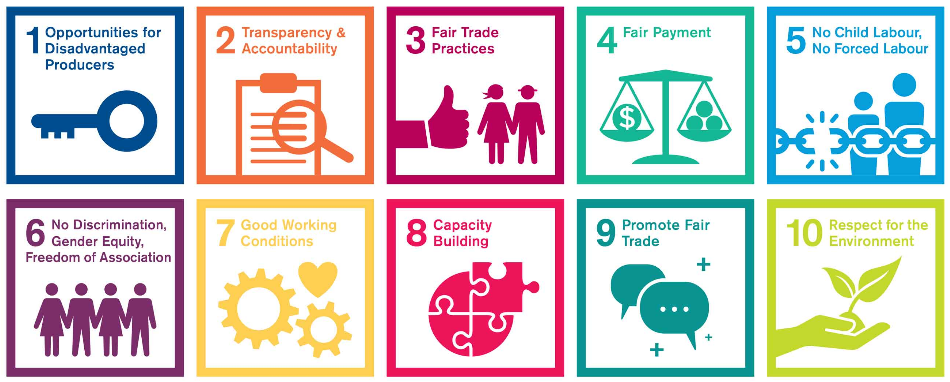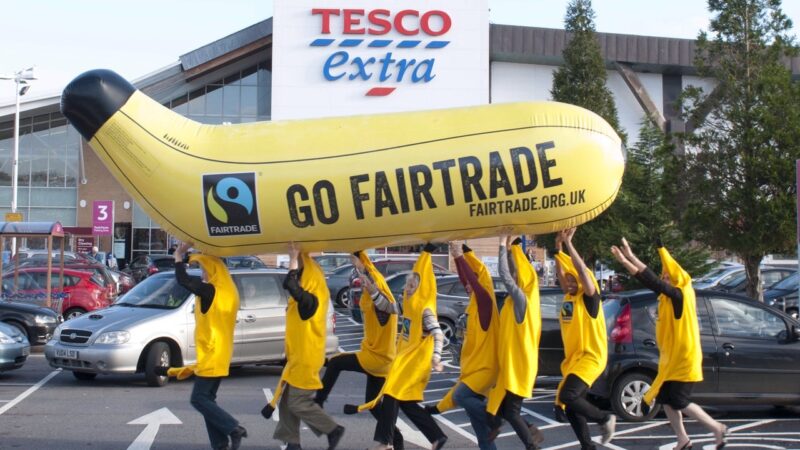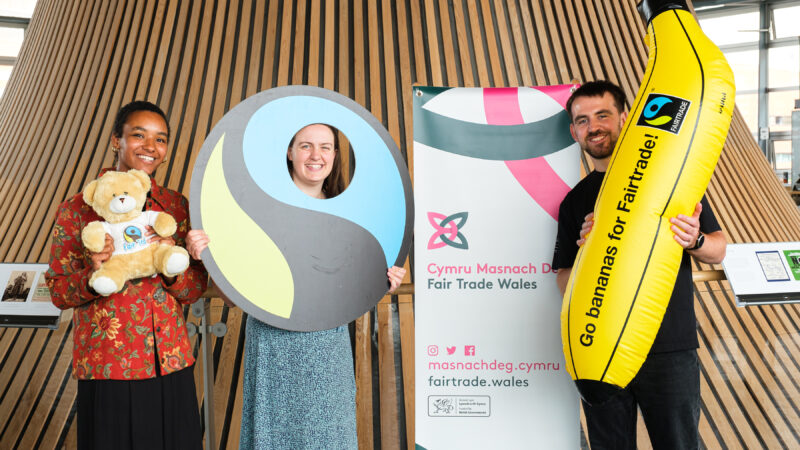What is Fair Trade?

Farming is the largest employer in the world but millions of people who live and work on smallholder farms don’t earn enough to provide for either themselves or their families. It’s often these communities who are most affected by climate change despite having done the least to contribute to it.
Fair Trade is a global movement that puts people and the planet before profit. When producers receive a fair price for their goods it leads to an improved working environment and a better quality of life for them and their families. Fair Trade takes a holistic approach by connecting producers and consumers through making supply chains more transparent and providing better choices for shopping responsibly. Justice, equity and sustainable development should be at the heart of equal trade structures and Fair Trade is a partnership for change and development through trade.
Fair Trade supports its partners to take ownership of their business and to empower workers to take control of their own future and work together democratically. When this happens, producers are more likely to choose to develop sustainable farming practices which can help mitigate the ongoing damage caused by climate change. Fair Trade also supports producer led community development, education and health projects and human rights for people globally.
We work with and recognise two international Fair Trade bodies: Fairtrade International and the World Fair Trade Organisation.
Fairtrade International
Fairtrade as one word is a set of social, economic and environmental standards for companies and the farmers and workers who produce goods like bananas, coffee and chocolate. When you buy Fairtrade, you’re supporting a system that guarantees that producers receive better prices and fair terms of trade. This helps farmers and workers to invest in economic, social and environmental projects of their own choice which can help relieve the effects of climate change and benefit people worldwide.
Fairtrade International works with the producers of primary products to ensure that they receive a fair price and that their rights and safety are upheld, according to Fairtrade guidelines.
The Fairtrade system includes:
- three regional producer networks
- over 25 national Fairtrade organisations and marketing organisations
- Fairtrade International
- FLOCERT (the main independent certifier for Fairtrade)
This system regulates and operates the recognisable FAIRTRADE mark.
The Fairtrade Mark
Over 6,000 products are certified as Fairtrade and can use the FAIRTRADE mark as they comply with strict international standards. The Fairtrade Foundation is the organisation responsible for the use of the mark in the UK. . The Fairtrade Mark guarantees:
- A minimum price which is agreed with producers, set to cover at least the cost of production
- An additional premium which can be invested in projects that enhance social, economic and environmental development
- Producer networks provide free support and training
- A co-operative or workers’ committee which allows women to take an active role
- Safe and fair working conditions
- Environmentally responsible and sustainable production methods.
World Fair Trade Organization (WTFO)
The World Fair Trade Organisation is a global community and verifier of social enterprises that fully practice Fair Trade. WFTO is democratically run by the member organisations. Members tend to produce secondary products and all exist to serve marginalised communities. To be a WFTO member, an enterprise or organisation must demonstrate they put people and planet first in everything they do. The WFTO Guarantee System means that the whole organisation or business must meet the standards in order to be verified, not just a single product, ingredient or supply chain. It includes an assessment of the enterprise’s structure and business model, its operations and its supply chains.
10 principles of Fair Trade
Over 450 organisations are guaranteed members of the World Fair Trade Organization, and can use the guaranteed member label on their products. The World Fair Trade Organisation carries out verification and monitoring to ensure these principles are upheld. Members must show that they meet the 10 Principles of Fair Trade, which specify the ways that Fair Trade Enterprises are set up and behave to ensure they put people and planet first.
They are:


